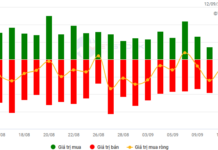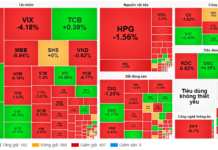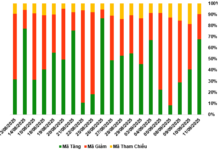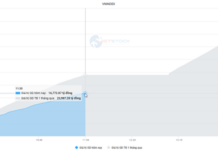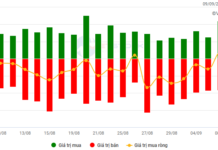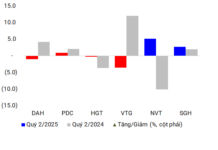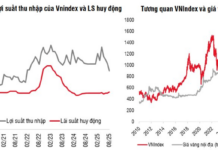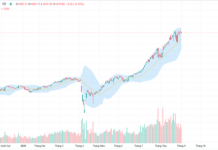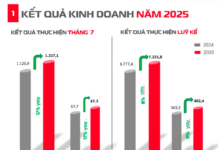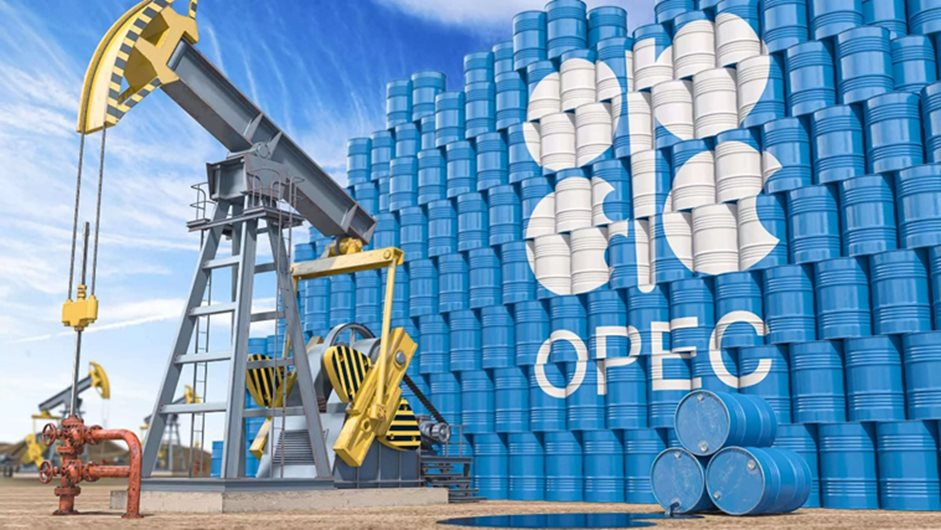
Illustration photo
According to the latest World Oil Outlook (WOO) report from OPEC, oil demand is not expected to peak in the near future. Despite discussions around the transition to renewable energy, OPEC forecasts a strong increase in global oil demand, reaching over 120 million barrels per day (mb/d) by 2050.
This growth will be primarily driven by non-OECD countries.
In the WOO report, OPEC also emphasizes that phasing out oil and gas is unreasonable. From 2023 to 2029, global oil demand is expected to grow by 10.1 million barrels per day (mb/d), with non-OECD countries leading the way, adding 9.6 mb/d to reach 66.2 mb/d. Meanwhile, oil demand in OECD countries is expected to stagnate around 46 mb/d.
The long-term demand from non-OECD countries will continue to rise, adding 28 million barrels per day by 2050, while OECD countries’ demand is projected to decline. Countries like India, other Asian nations, Africa, and the Middle East will be the main drivers of this growth, with India alone expected to increase its demand by 8 million barrels per day.
Sectors such as petrochemicals, road transport, and aviation will play a significant role in future demand. Petrochemicals alone are forecast to account for an additional 4.9 million barrels per day of oil demand due to the increasing need for ethane and naphtha.
Road transport is expected to significantly increase demand before stabilizing, while aviation will add 4 million barrels per day by 2050.
OPEC’s outlook report also highlights that oil and gas will continue to dominate the global energy mix, projected to account for more than 50% by 2050. The organization reaffirms the importance of continuous investment in the oil sector, estimating a requirement of $17.4 trillion by 2050 to ensure stable supply.
According to OPEC, oil demand will continue to thrive for decades, with growing demand from non-OECD regions and essential investment needs in oil infrastructure.
Despite the rise of renewable energy, OPEC believes that oil will remain crucial in meeting the world’s energy needs in the near future.
Reference: Oilprice

